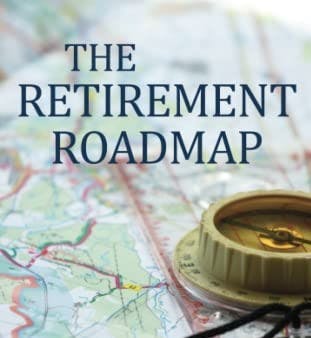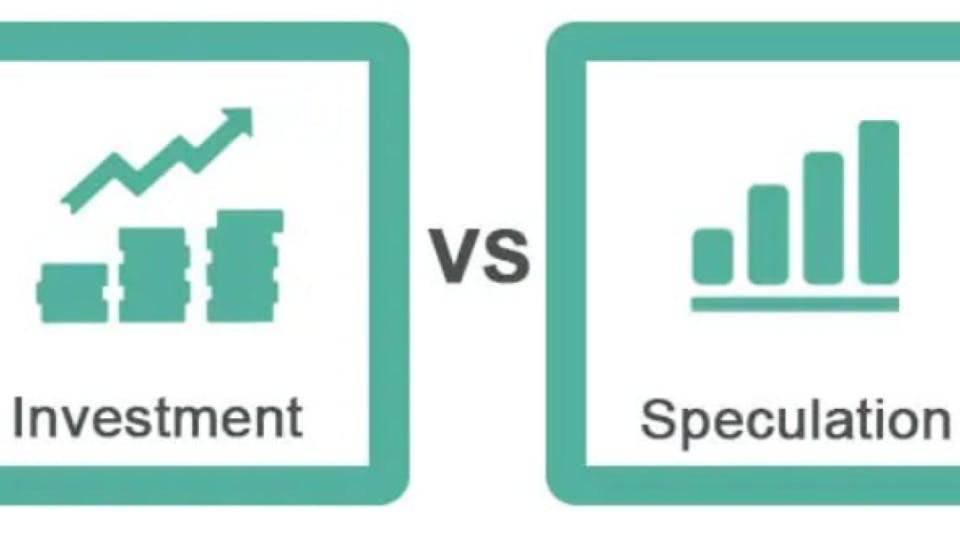Author: Dave Conley
I am a Certified Financial Planner™ who has helped our investment clients in their pursuit of financial peace. My 25+ years of financial planning EXPERIENCE has allowed me to help our clients as they pursue financial peace. My definition of financial peace is "having the resources (time, health & money) to do the things you enjoy with the people that you love."
What's you plan for financial peace?
Retirement is a stage of life that everyone looks forward to, after years of hard work and saving. However, the key to a happy retirement is having enough money to sustain you during this phase of your life. One of the most important decisions you will make during your retirement is how much of your savings you can safely spend each year. In this blog post, we will outline the top 5 retirement spending strategies that retirees can use to plan their retirement spending.
I ask potential clients to describe their version of financial freedom (or financial peace) and how we can help them achieve this goal. It’s extremely common for the answers to center on some sort of financial/investment success metric. Stuff like:• Increase my investment returns to 10% a year consistently with minimal risk.• Pay off all...
Why do the typical investors investment returns trail the investment returns of the investments (mutual funds, ETF's, etc.) they are investing?
Investing can often feel like a daunting task, especially for those just starting out. But with the right approach, it can be a rewarding and fulfilling journey. One way to think about investing is to see it as following a treasure map. With every step along the way, you'll encounter challenges and obstacles, but if you keep your eye on the prize, you'll eventually reach the reward at the end.
Retirement is a time when many investors shift their focus from accumulating wealth to preserving and generating income from their existing assets. As an investor nearing retirement, there are several key considerations to keep in mind to ensure a successful transition into retirement. Here are the five most important things an investor within five years...
Just for a minute, imagine what it might feel like to be satisfied with simply having “Enough.” How might that change your priorities? Your daily schedule? It’s important you actually sit down and think about it because only you can define “Enough.”
What might happen if you were to make this shift? Would you work less? Would you spend less? Would you sleep more? Would you quit your job and start something new? Would you give more to charity?
Maybe nothing new would happen. But what I can tell you is this: If you can’t find a way to be satisfied with enough, you may never be satisfied with anything.
Predicting the direction of the market is like predicting when you will hit the bulls-eye in a dart game. The majority of the time throughout market history, the markets have been rising. History shows that the chance of your money growing in a diversified portfolio of stocks and bonds is much like the odds of your next dart hitting any number on the dartboard... except the bulls-eye. If you are going to try and time the market by moving your money in and out, you have to ask yourself how confident are you that you can hit the bullseye when you do.
Recessions are painful, no doubt about it. But they are necessary to clean out the excesses of prior growth periods... “You can’t have such a sustained period of growth
without an occasional downturn to balance things out.”
In simple terms, speculators are trying to out-smart the markets while investors simply participate in the markets. The investment time horizon is also a very important factor as speculation tends to be over the short-term while investing is over the long-term.
The S&P 500 or the Dow Jones Industrial Average are not reality. Reality is not price-to-earnings ratios and technical market studies. Symbols on the computer screen are not the real world. In the real world, companies create wealth. Stock certificates don’t. Stock certificates are simply proxies for reality.










